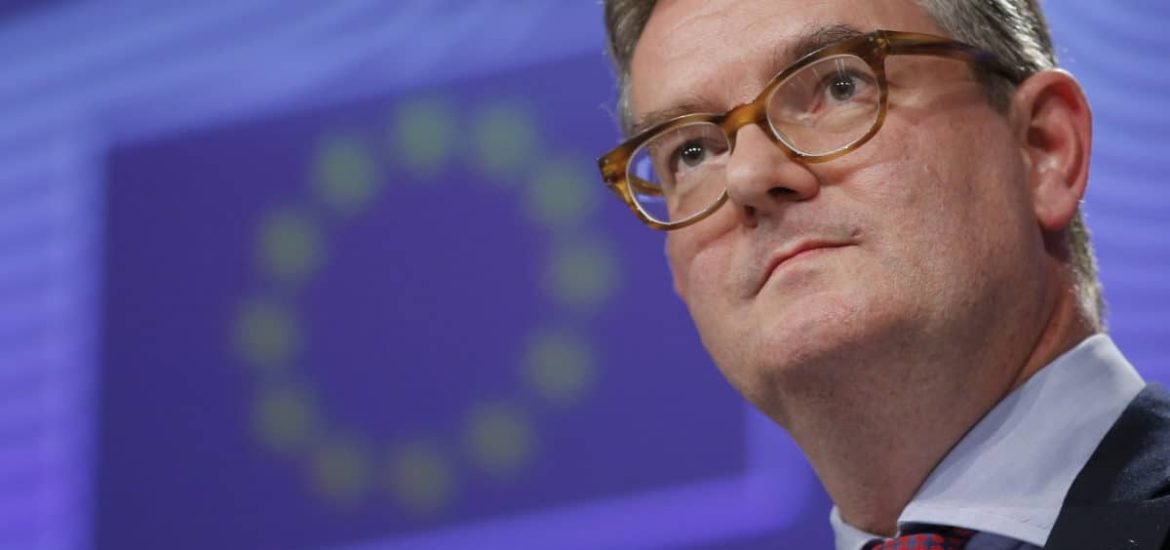
MEPs argued Europe needs to boost its online defences against Russian “orchestrated disinformation” ahead of upcoming elections.
At a plenary debate in Strasbourg on January 17, Members of the European Parliament gave a wake-up call about Russia’s propaganda influence on EU countries. Talking to the European Parliament, EU Security Commissioner Julian King gave the European Parliament an unusually blunt assessment of the scale of the Kremlin’s propaganda efforts. “There seems frankly little doubt that the pro-Kremlin disinformation campaign is an orchestrated strategy, delivering the same disinformation stories in as many languages as possible, through as many channels as possible, as often as possible,” he said.
State-run Russian media has been expanding its footprint for years – increasingly focused on Western audiences. In fact, after “two years’ work” by the EU’s East Stratcom Task Force, it “has gathered more than 3,500 examples of pro-Kremlin disinformation”, King accused Moscow of publishing thousands of pieces of disinformation aimed at destabilising the bloc. The assembly’s press release denounced a “Kremlin-orchestrated” campaign of “leaks, fake news, disinformation campaigns, and cyberattacks.”
These campaigns touched a number of issues, ranging from the UK Brexit referendum to the French and German elections, as well as Catalonia’s independence referendum last year. The US Congress is also looking into Moscow’s influence in the 2016 presidential election. Also on Wednesday, some MEPs put the spotlight on US social media firms, such as Facebook, Twitter, and YouTube, which have become leading conduits for fake news. Twitter, for one, said it plans on notifying users when they are exposed to content generated by a suspected Russian propaganda service.
Not everyone agreed there’s a problem. Eurosceptic and populist parties say Russian media outlets helped shine a different light on the news and enhance the political debate. “I am more concerned with EU propaganda than the clunky Russian version,” David Coburn, a British MEP with the UK Independence Party (UKIP) told the assembly. “Russia Today gave UKIP a voice in the days when we couldn’t get it from the BBC. So, perhaps they are defending freedom and a freedom that you lot want to close down.”
This post is also available in: FR (FR)